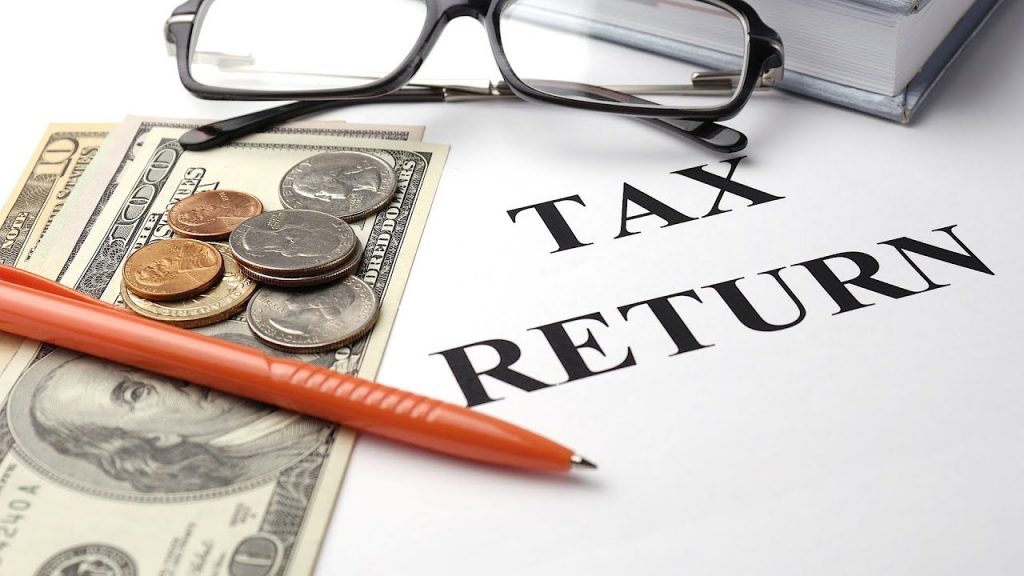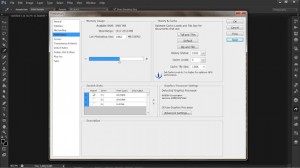Business Taxes 101: Do it Alone

Running a company requires juggling many intricate parts and processes. No aspect is more headache-inducing than tax responsibilities, though. It takes a lot more to prepare and file your business taxes than your personal returns.
So, if this is your first time preparing a business tax for your small company, you’re likely to have many questions. While it’s often best to hire a professional at least the first few times, we’re here to show you the ropes.
Let’s take a look at the basics of filing a business tax return as well as when you can consider doing it solo.
Contents
Types of Business Taxes
Let’s first take a look at the types of small business taxes that an owner may find their responsibility. There are, in general, three levels of taxes for a company – federal, state, and local. The most substantial part of your tax burden goes to the government.
State and local taxes vary per state and municipality, so you’ll determine those according to the local laws. It’s best to consult your state and local tax agency for more information about the particulars here.
Generally, there exist six main types of business taxes. Let’s take a look.
- Income taxes. These taxes are paid on your company’s income.
- Self-employment tax. As a self-employed business owner, you pay this to cover social security and medical care.
- Employment taxes. If you have employees, deduct these from their paychecks for medical care, social security, federal income, and federal unemployment taxes.
- Excise taxes. Pay them if your company deals with certain goods and services, including fuel, heavy transportation, and air transport.
- Sales tax. Pay them if you sell any good or service.
- Property tax. You pay this tax on any commercial property and real estate owned by your enterprise. It will depend on the location of your company.
You may have to pay some, but not all, of these taxes depending on your business.

Preparing Your Business Tax Return
To stay on top of the game, you’ll need to be meticulous, careful, and prepare well in advance.
Collect all financial documents and records and store them somewhere tidy and safe. That way, the process of filing your taxes is much easier once the tax season rolls around. Ultimately, you’ll need to gather the following:
- The previous tax return if your business is older than a year
- Payroll documentation
- Bank statements
- Credit card statements
- Accounting documentation
- Depreciation schedules
- Partnership agreements if you have any business partners
These will be super handy once you sit down to file your report. Try to save all receipts, sales records, contractor payments, and similar documents, too, as you’ll have to account all income and expenses of your small company.
Talk to your accountant (or be your accountant) and locate and store these neatly to facilitate the process later. Moreover, you might be able to deduct your expenses later if you keep these documents.
When to Do Your Business Taxes Alone
Filing your taxes isn’t simple, but business tax preparation software, which is ubiquitous for companies nowadays, makes it much more manageable.
In the end, whether you can do it yourself will depend on the type and complexity of your business, as well as your experience with taxes and finances.
Take a look at the tax form appropriate for your enterprise and see how much work it will require. Most information asked will come from your financial statements.
You might also need extra information and documents, in which case you have to decide whether it’s too much work to pull off alone.

When to Get a Tax Preparer
If you conclude that you’ll have to get a tax software, compare the price of that to the cost of hiring a preparer.
Think about the work you’ll need to do as well – most pieces of software come with some support, but not from trained experts. As the professionals at https://taxlawcanada.com/income-tax-audit/ say, making mistakes can lead to expensive repercussions, which you’ll want to avoid.
Even if you do decide to go it alone in the end, consult an expert on tax advice throughout the year. Doing so will help you maintain legitimacy.

The Bottom Line
No matter which method for filing taxes you choose, do not allow yourself to rationalize letting your books slip during the year. It’s easy to give yourself hundreds of excuses, but you’re only harming your future self.
At the end of the day, if you maintain up-to-date, accurate books, you’ll have one of the most powerful tools for growing your business. It will not only ease your tax time but help you understand your company better. Stay organized for a better year ahead.








